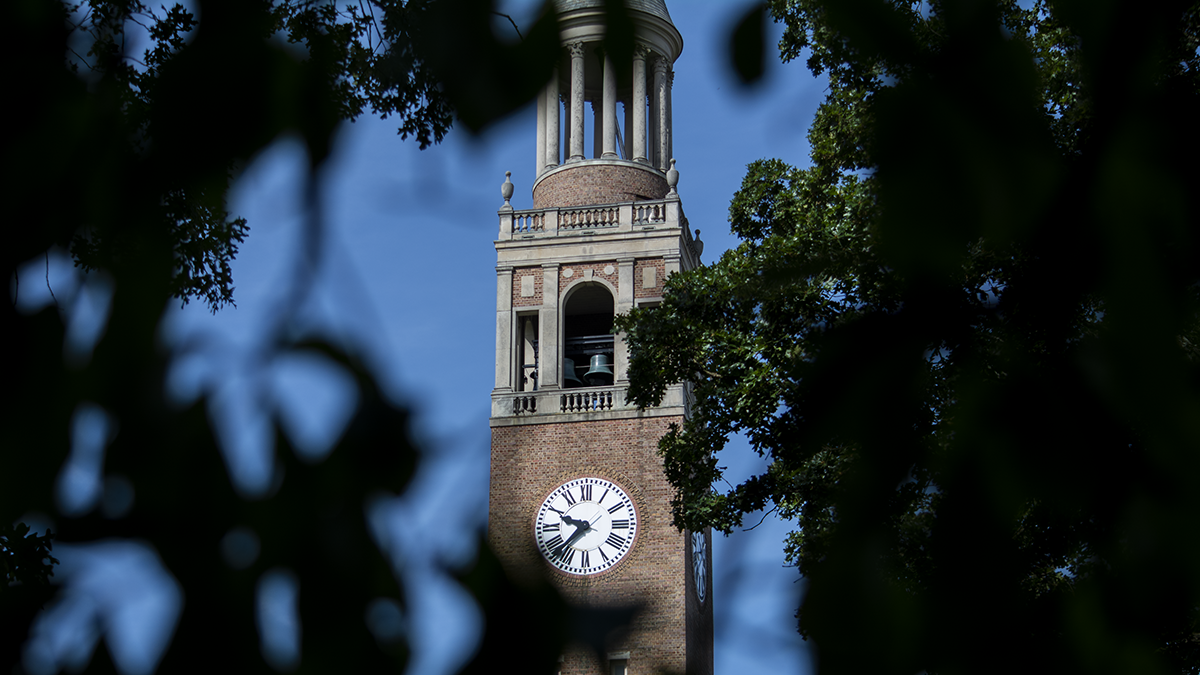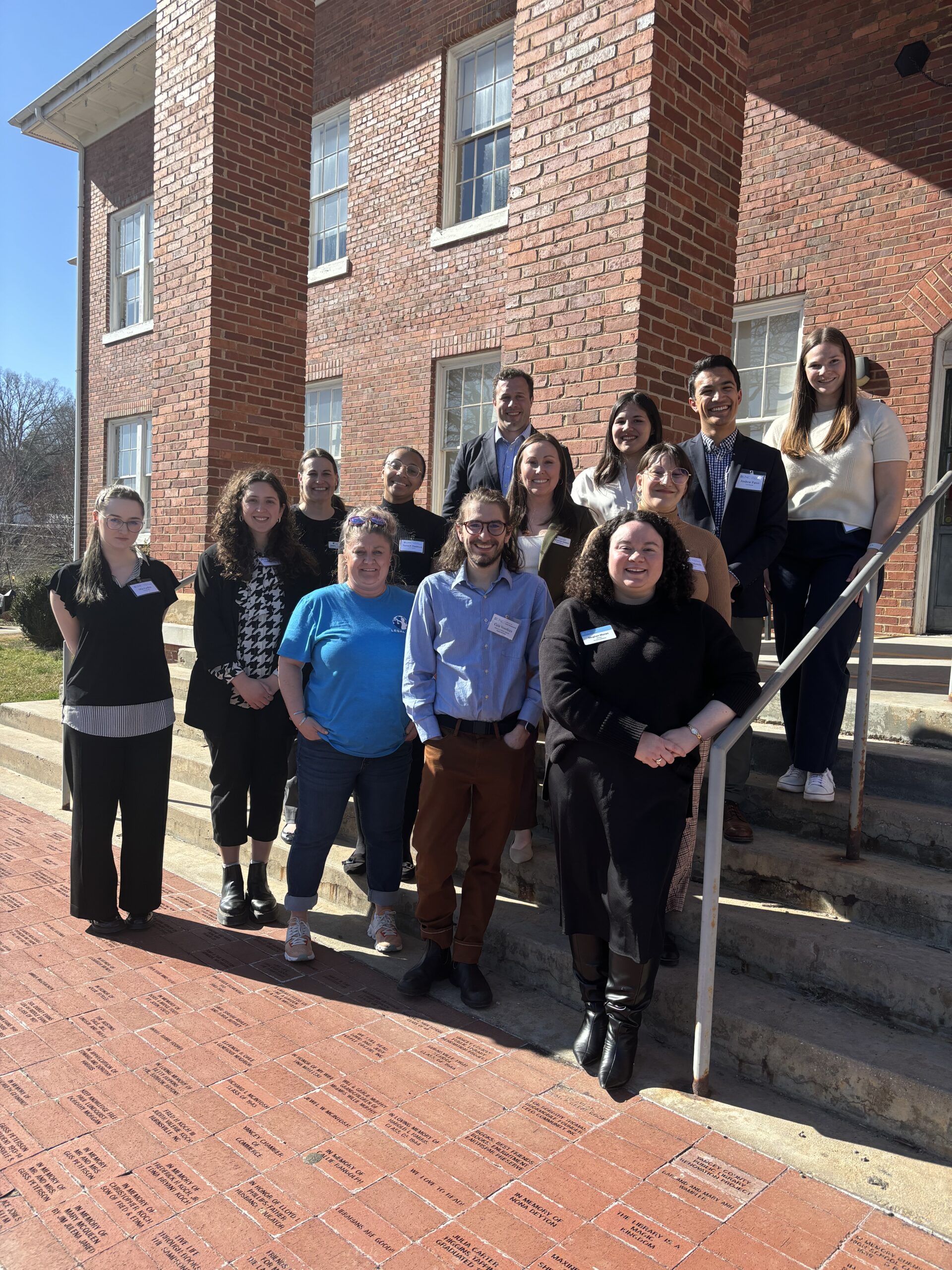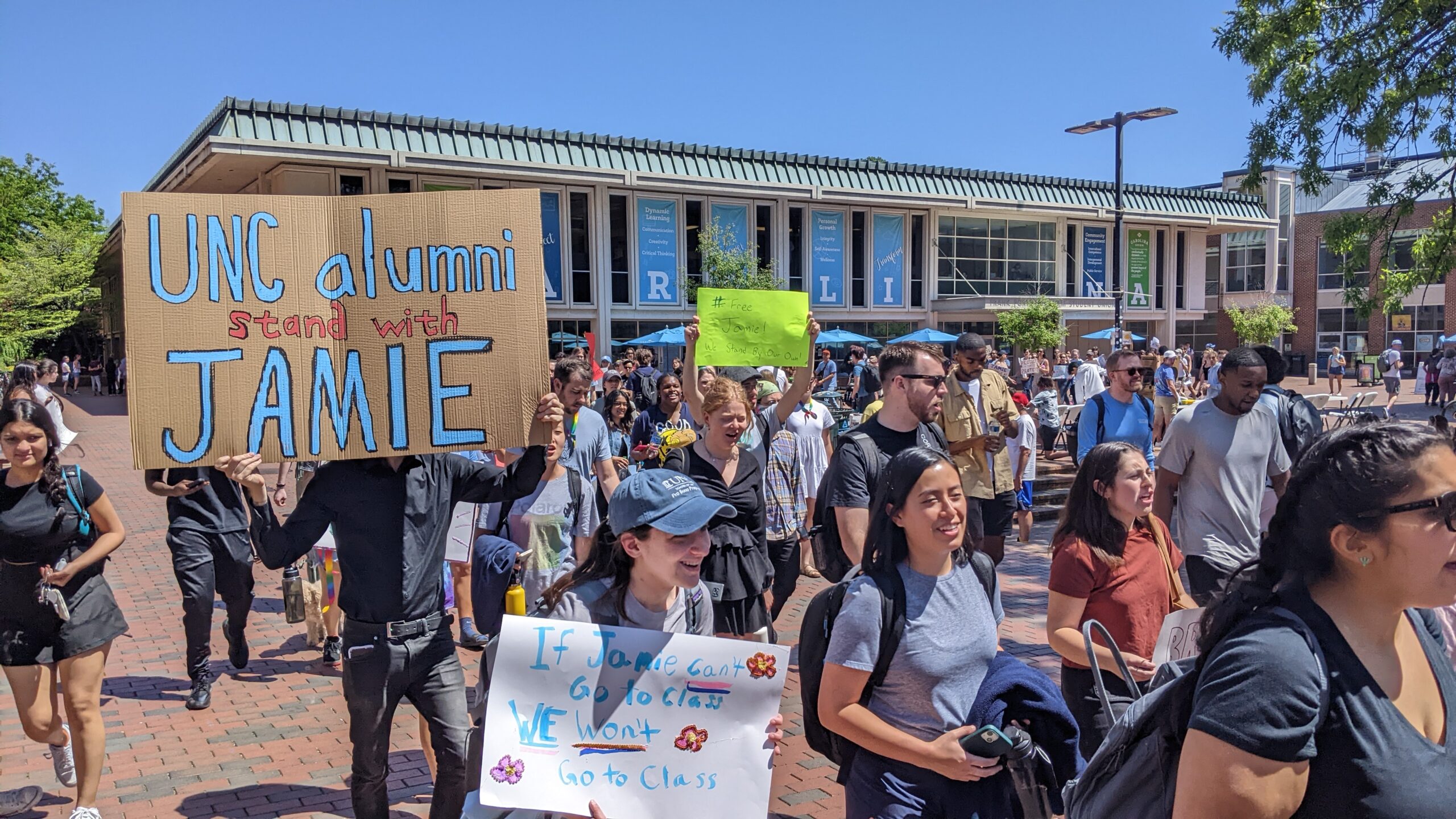WASHINGTON, D.C. – On Wednesday, the Supreme Court ruled 5-4 that the constitutionality of California’s same-sex marriage ban, Proposition 8, has no standing in court. The court also struck down a provision of the Defense of Marriage Act (DOMA) that denies federal benefits to same-sex married couples.
UNC School of Law professor Gene Nichol spoke to WCHL about what exactly the Supreme Court’s rulings on Prop 8 and DOMA mean, and how they could potentially give the opportunity to affect Amendment One in North Carolina.
“Proposition 8 by the trial court had been enjoined as a violation of the Equal Protection Clause. That had been appealed to the Ninth Circuit and then to the United States Supreme Court, and in effect the Supreme Court ruled today that there was no jurisdiction to hear the appeal,” Nichol explains.
While California will likely begin issuing marriage licenses to same-sex couples, the Supreme Court’s decision will not directly impact same-sex marriage bans in other states, like North Carolina.
“It doesn’t overturn Amendment One; it doesn’t declare it invalid. In fact, in refusing to reach the California case, it says on the one hand that we’re not going to address that issue in a direct manner,” Nichol says of the decision.
Related Stories
‹
![]()
Chapel Hill's Mayor Weighs In On SCOTUS RulingsThe SCOTUS ruled that a provision of the DOMA, which recognized marriage at the federal level as only between a man and a woman, is unconstitutional.
![]()
SCOTUS Overturns DOMA, Sends Prop 8 Back To CAThe SCOTUS ended its 2012-2013 session with rulings that DOMA is unconstitutional and sent California’s Prop 8 back to the state courts.

At UNC, Studying 'Crime And Punishment Across America'A new UNC study called "Crime and Punishment Across America" is expanding our understanding of which criminal laws get passed by states.
![]()
The 5:00 News: Fairview Program's Funding, State Health Plan Premiums, and 'Carolina Football Live'The Hill News Director Brighton McConnell guest-hosts "News On The Hill" on Friday, August 15 and closes out the week with local news updates.

UNC School of Law Dean Martin Brinkley to Step Down in the Next Academic YearMartin Brinkley, the dean of UNC’s law school recently announced he is stepping down from the role at the end of the 2025-26 academic year.

UNC Sees 30 Graduate Programs Place Highly in 2025 U.S. News & World Report RankingsTwo UNC graduate schools placed in the top three of their respective categories in the 2025 rankings shared by the U.S. News & World Report.

UNC Law Students Use Spring Break to Provide Legal Aid, Reassurance to Hurricane Helene VictimsWhile UNC was on spring break in mid-March, eight law students helped hold clinics in western North Carolina offering pro bono services.

'Unjust Debts': UNC's Melissa Jacoby on Bankruptcy Law, and the Need for ReformUNC law professor Melissa Jacoby discusses "Unjust Debts," her new book on the need for reform in U.S. bankruptcy law - and why it matters.

Slinky and the Dogs, Attorneys at LawSlinky and the Dogs is a local band, formed last summer to primarily perform covers but has begun dabbling in creating original work. What makes them unique, though, is four of the five band members are pursuing graduate degrees at UNC — three of whom are law students.

UNC Law Students Walk Out of Class in Protest Over Reported Ban of PeerSince UNC law student Jamie Marsicano was among those detained following protests and vandalism at an Atlanta public safety facility last month, their peers claim the university has not allowed them to come back to class. Friends of Marsicano’s organized a protest last Thursday against that decision, advocating for UNC to allow her to return […]
›








